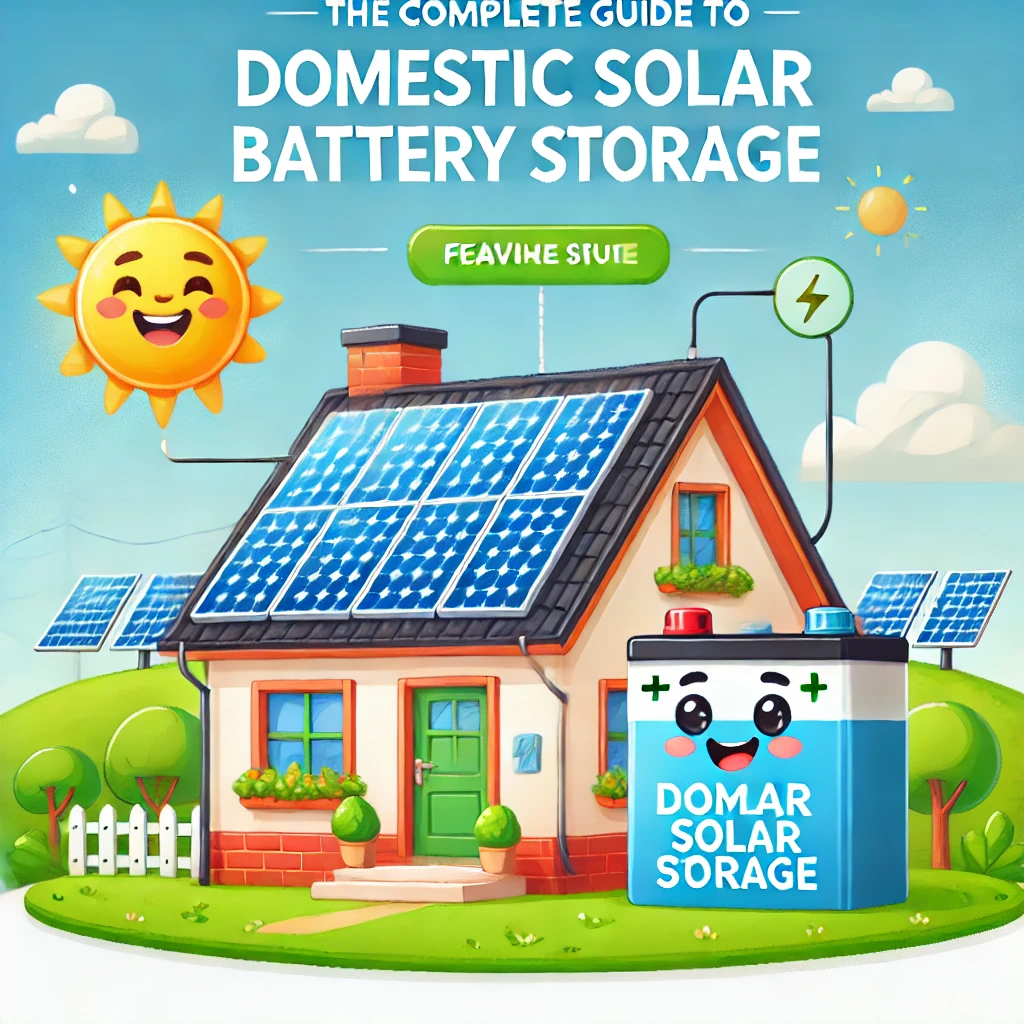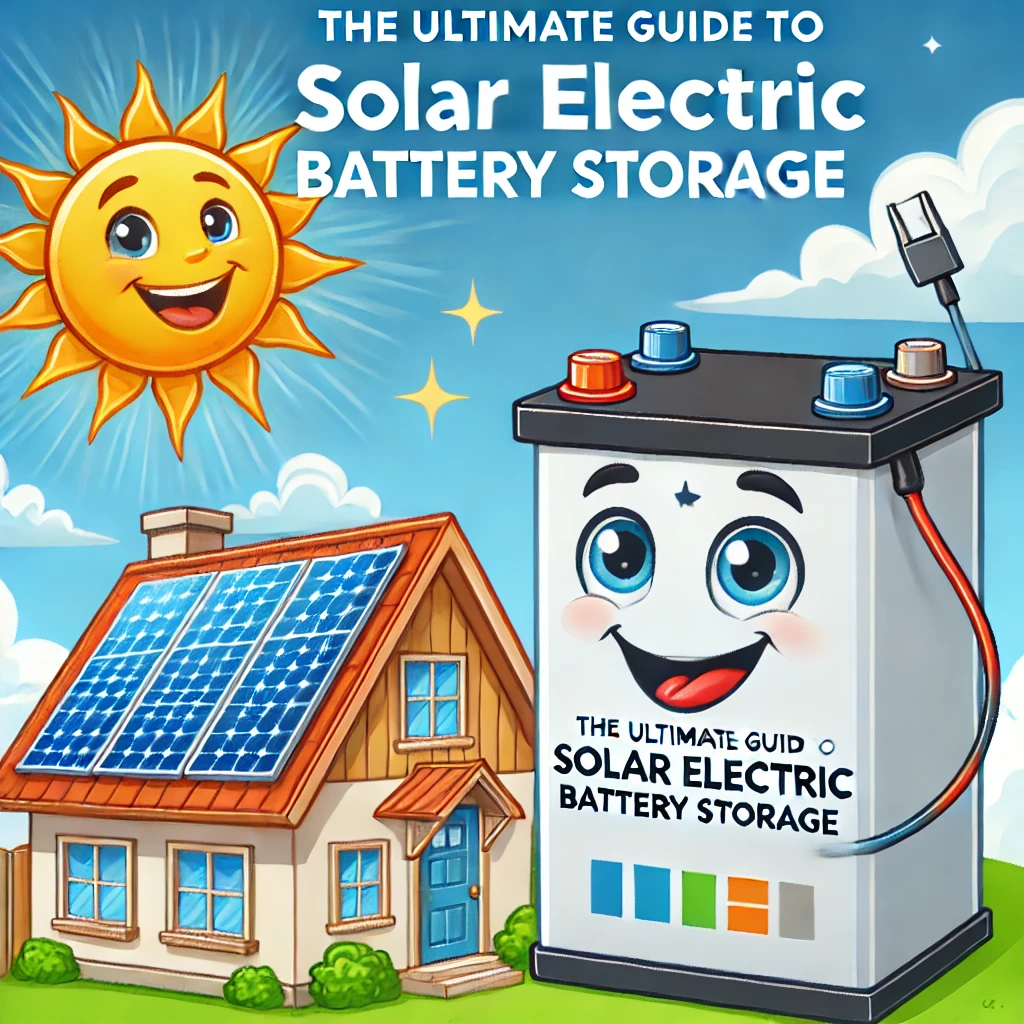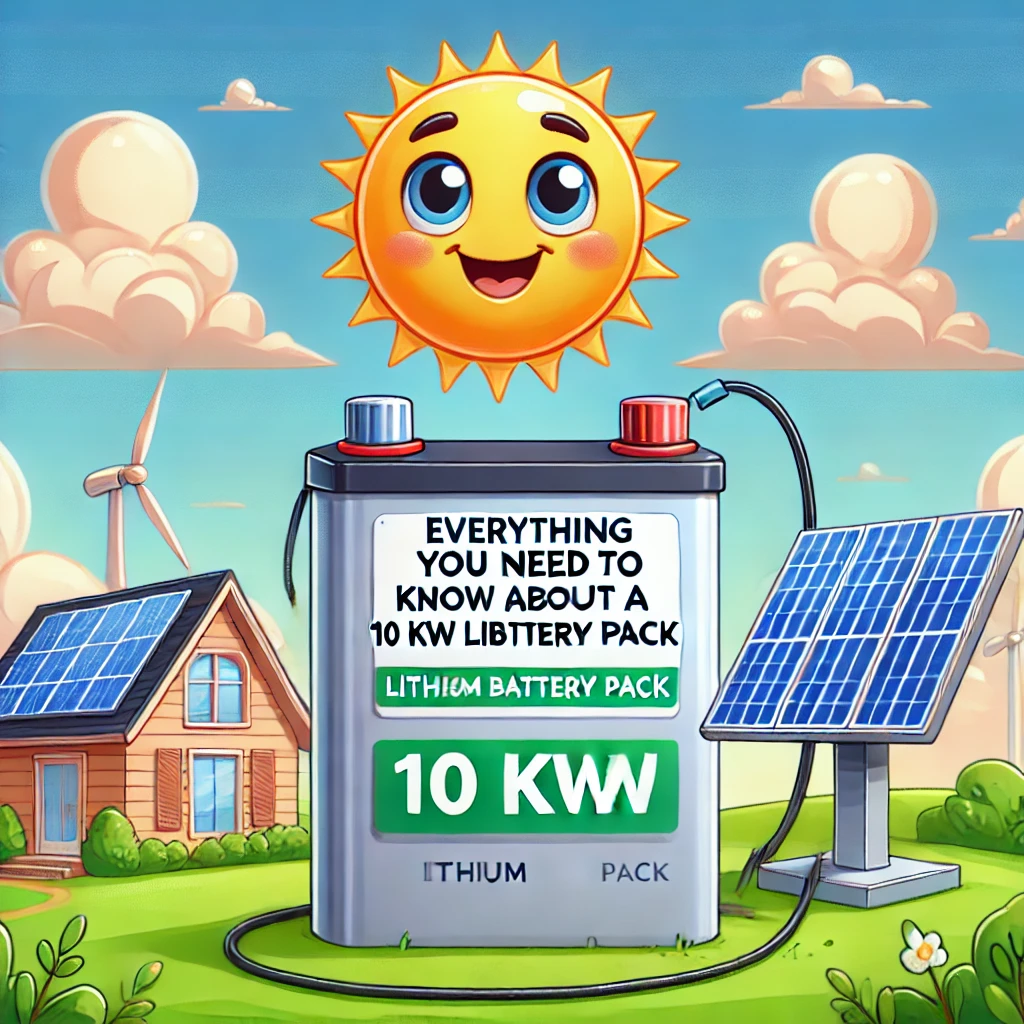As more homeowners shift towards sustainable energy solutions, solar power has become a top choice for reducing electricity bills and minimizing environmental impact. However, to get the most out of solar energy, it’s essential to have an efficient storage solution. Domestic solar battery storage systems allow homeowners to store excess solar energy for use when the sun isn’t shining. This comprehensive guide will explore what domestic solar battery storage is, how it works, its benefits, the types available, and considerations for choosing the right system.
What is Domestic Solar Battery Storage?
Domestic solar battery storage systems are designed to store the excess electricity generated by solar panels during the day. Instead of sending unused energy back to the grid, these systems allow homeowners to save it for later use—during the evening, on cloudy days, or during power outages. This enhances the efficiency of solar power systems and increases energy independence.
How Does Domestic Solar Battery Storage Work?
- Energy Generation: Solar panels absorb sunlight and convert it into electricity.
- Energy Consumption: The electricity powers your home’s appliances and devices. Any surplus energy is directed to the battery.
- Energy Storage: The battery stores this surplus energy for future use.
- Energy Discharge: When solar panels are not producing energy, such as at night, the stored energy powers your home.
Benefits of Domestic Solar Battery Storage
- Energy Independence: Reduce reliance on the grid and protect against rising electricity costs.
- Backup Power: Provides a reliable source of power during outages, ensuring essential appliances stay operational.
- Maximized Solar Efficiency: Utilize more of the energy generated by your solar panels, increasing overall efficiency.
- Environmental Impact: Lower your carbon footprint by reducing dependence on fossil-fuel-generated electricity.
- Cost Savings: Save money by using stored energy during peak electricity rate times.
Types of Domestic Solar Battery Storage Systems
- Lithium-Ion Batteries:
- Pros: High efficiency, longer lifespan, compact design.
- Cons: Higher upfront cost.
- Lead-Acid Batteries:
- Pros: Lower initial cost, reliable technology.
- Cons: Shorter lifespan, lower energy density, bulkier.
- Flow Batteries:
- Pros: Long lifespan, scalable storage capacity.
- Cons: High cost, larger size.
- Nickel-Based Batteries:
- Pros: Durable, performs well in extreme temperatures.
- Cons: Expensive, less common in residential settings.
Key Considerations When Choosing a Domestic Solar Battery Storage System
- Capacity & Power Output:
- Capacity (kWh) indicates how much energy the battery can store.
- Power Output (kW) indicates how much energy can be delivered at once.
- Depth of Discharge (DoD):
- Indicates the percentage of the battery’s capacity that can be used. A higher DoD means more usable energy.
- Efficiency:
- Round-trip efficiency measures how much energy is retained during storage and discharge.
- Lifespan & Warranty:
- Consider the number of cycles the battery can handle and the warranty period.
- Cost:
- Evaluate the total cost, including installation, maintenance, and potential financial incentives.
- Compatibility with Solar Systems:
- Ensure the battery integrates seamlessly with your existing or planned solar setup.
Installation and Maintenance
- Professional Installation: Always use certified installers to ensure safety and optimal performance.
- Regular Maintenance: Periodic inspections and maintenance can prolong battery life and efficiency.
- Monitoring Systems: Many modern batteries come with monitoring systems or mobile apps to track performance and energy usage.
Financial Incentives and Rebates
- Federal Tax Credit (ITC): Offers a percentage deduction on the total cost of solar and battery installations.
- State and Local Incentives: Vary depending on location; check with local authorities for available rebates and incentives.
- Utility Programs: Some utilities offer rebates or incentives for installing battery storage systems, especially if you participate in grid-sharing programs.
Conclusion
Domestic solar battery storage systems are transforming how homeowners use solar energy. By providing greater independence from the grid, potential cost savings, and a reliable backup power source, they offer numerous benefits for those looking to maximize their solar investment.
Before choosing a system, consider factors like battery type, capacity, efficiency, and available incentives to find the best solution for your home. With the right setup, you can enjoy reliable, clean energy and contribute to a more sustainable future.
Frequently Asked Questions (FAQs)
- How long do domestic solar batteries last?
- Most solar batteries last between 5 to 15 years, depending on the type and usage.
- Can I add a battery to my existing solar panel system?
- Yes, many solar systems can be retrofitted with battery storage. However, it’s important to ensure compatibility with your existing setup.
- How many batteries do I need for my home?
- The number of batteries depends on your household energy usage, solar panel output, and how much backup power you desire.
- Are domestic solar batteries worth the investment?
- For many homeowners, the benefits of energy independence, cost savings, and backup power make solar batteries a worthwhile investment.
- What happens when the battery is fully charged?
- Once the battery is fully charged, any additional solar energy typically flows back to the grid or is curtailed, depending on your system configuration.



